Empowering telcos to reduce the pains of cashless policy
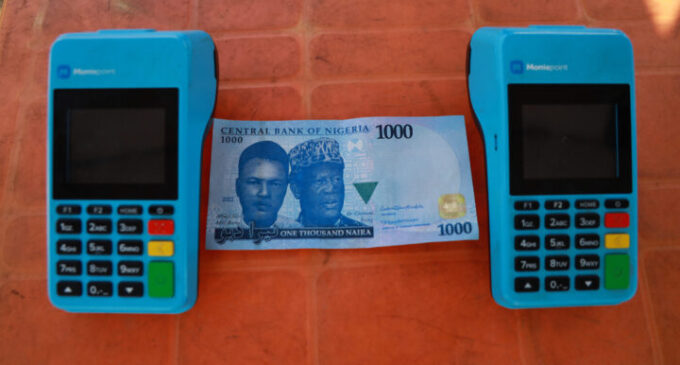
On my birthday, my prayer for Nigeria is not a cashless crunch that sends nearly everybody to the very nadir of life, but a prayer that Nigerians feel the kind of verve and optimism that have enveloped me this day, and build the kind of hope and audacity that ridicule adversity.
Apart from a pervasive befuddlement across the nation arising from the bungling of a very brilliant policy, two stories which may be quite the experience of a number of people across the nation, occupy the very nerve of my thoughts this morning.
Remember, it is my happy day, as I write, February 14, so, don’t share a tear. Instead have a good laugh because laughter has a way of bringing healing and replacing pain with sweet sensations.
Story one. I have a PoS (Point of Sale) or Mobile Money agent close to where I live. He would usually handle my little cash challenges and make life easier for an older person. On this very day, sometime last week, I did not see him for nearly a full day until he came late in the evening to try to execute some transfers. According to his story, he woke up at 3.30am in the morning, leaving his young wife at home to go and queue for cash in the bank. When he got to the ATM (automated teller machine), he was number 52; meaning some people may have gotten there hours before him. The machine dispensed cash to 30 people and stopped. He proceeded to another bank where his number was 15. The machine served only 3 people and stopped. All day, the young man roamed from one bank to another only to discover that luck can be a rarity in a season of government’s confusion.
Story two. Another PoS agent not very far away from where I live, to share in the grief and sorrow of those life has nearly forgotten, the very people whose resilience and amenability to the vagaries of life can proof useful lessons to curators of policies introduced on the wings of deus ex machina. Over a week ago, this young lady and her husband whose business used to enjoy some level of boom, suddenly started to stock iced soft drinks and doughnuts. What is the meaning of this, I asked. Oh a change in line of business while waiting for the situation to sort itself out. I don’t have to endanger the survival of my family, she vowed. How would they pay? Oh, through transfers.
This has become every man’s story, every woman’s story. Overnight, small businesses that form the corner pillar of any economy have vanished and the voices of those ordinary folks are too weak to be accommodated by the designers of policies aimed at putting Nigeria ahead of the rest of the world in a cashless commitment to modernity.
There is a concourse of opinions that the cashless policy of the government, promoted by the Central Bank governor, Godwin Emefiele, is not a bad one but only hurriedly introduced. It would therefore make sense for people of goodwill to rally together to save it from a sudden death that may be very damaging to the nation.
In the face of rising anger towards the policy, a couple of people told me within the past few days that two primary problems exist on the path of faithful implementation of the policy. The first is the scarcity of new Naira notes, which only the Central Bank governor can solve through accommodation of variegated opinions to achieve results, while the second is external, the absence of reliable communications backbone that can carry the plethora of services being introduced to the telecom networks. This remains a core problem, prompting a source to tell this writer that if the people in the city are witnessing acute difficulties occasioned by the new policy, those in the rural areas must be close to hell in their daily experiences.
Why would somebody be that despondent in summarising happenings in parts of the countryside? Just wait.
An industry source told this writer that the biggest obstacle to the implementation of the cashless policy is the telecoms sector, whose infrastructure is challenged severely at the moment. The networks were not prepared for what is happening now and, as a result, they are stretched because of the volume of transactions. Services are slow and very frustrating because of the absence of capacity. However, there is a glimmer of hope as the telcos may have upgraded their capacity in some areas because they need a minimum of 3G network to transmit the election results.
A source within the regulatory authority, the Nigerian Communications Commission, NCC, corroborated that position when it said, “The transaction backbone is a complete mess. Your network is as good as the weakest link. You can have very good capacity in your radio access network but if your transmission is not good, it is a very big problem.”
It doesn’t matter whether it is 2G, 3G, 4G, 5G or any other G you may want to add in order to boost your sense of achievement, the homogeneous thread is the transmission backbone which is presently very fickle. The fibre optics links between base stations form the most reliable backbone as against microwave which is very unreliable.
The more reason that the rural areas or even some of the underserved areas in the cities and the rural communities will suffer more is that most of these places are covered by 2G base stations which are not primed for data transactions.
Another NCC source lamented the failure of the InfraCos to bring relief to far-flung areas of the country. The Infrastructure Companies (InfraCos) concept was designed by the NCC to enable some companies, licensed on a regional basis, to provide fibre optics points of presence in all the 774 local government areas in the country. The market was divided into 7 regions, with Lagos designated as a market of its own because of its vast business opportunities. There was some counterpart fund for the companies, some kind of seed support specially set aside by the regulator. The operators were to bridge service gaps across the regions of the country. The laudable idea was comparable to the OpenReach of the UK which is managed by Ofcom, that country’s telecoms regulator.
Speaking in January 2015 at the presentation of an InfraCo license to MainOne Cable, former Executive Vice Chairman, EVC, Dr Eugene Juwah of blessed memory, had said: “When the 7 InfraCos finally come on board, they are expected to take broadband infrastructure from the ocean and connect them to the cities and hinterland across the country to make Internet ubiquitous in Nigeria. This will in turn impact positively on the economy.”
Hopes were high then periscoping the telecoms future of this nation. But things happened. There were security challenges in parts of the north. The situation festered even more because some of the states of the federation saw telecom operations as low-hanging fruits to mobilise easy revenue, and therefore would not give right-of-way (RoW) except at premium price. Frustrated by their greed, IHS returned its license for North Central.
“We were supposed to bring point of service (PoS) to the 774 Local Government Areas (LGAs). That has not taken off at all,” my source fumed.
Years later when the country created a cashless policy that should have been driven seamlessly by the telecom sector, it has suddenly turned out that, apart from the failure of the government to be fastidious in the planning and execution of such policy, the industry has its own challenges, that would make us feel some more pain in the implementation of a simple policy.
Remember, I am writing this on my birthday and therefore, no lamentations. What should we do? My source made three bold suggestions. One. The nation needs a bold and purposeful leadership that can fiberise the length and breadth of the country. Two. The Central Bank should create a special Forex window to enable telecom operators access funds for timely rollout of services instead of forcing them to the parallel market with all its uncertainties. Three. The security forces should provide cover for operators as they try to roll out services or supply diesel to base stations.
Meanwhile, something urgent should be done to remove people from the present distress and desperation they are experiencing.
Views expressed by contributors are strictly personal and not of TheCable.







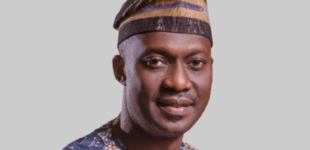
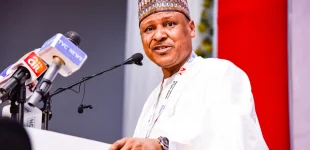

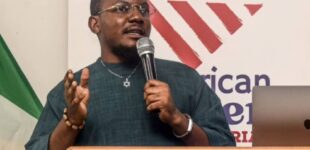
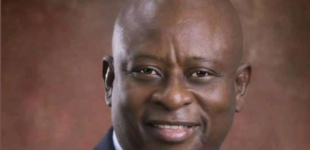
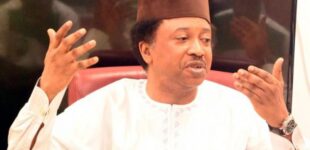
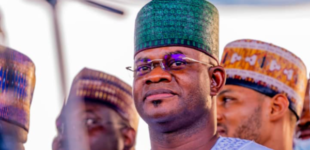
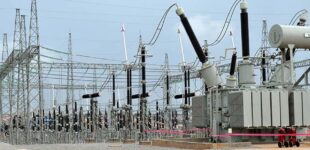

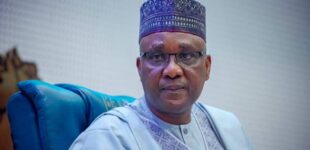

There are no comments at the moment, do you want to add one?
Write a comment